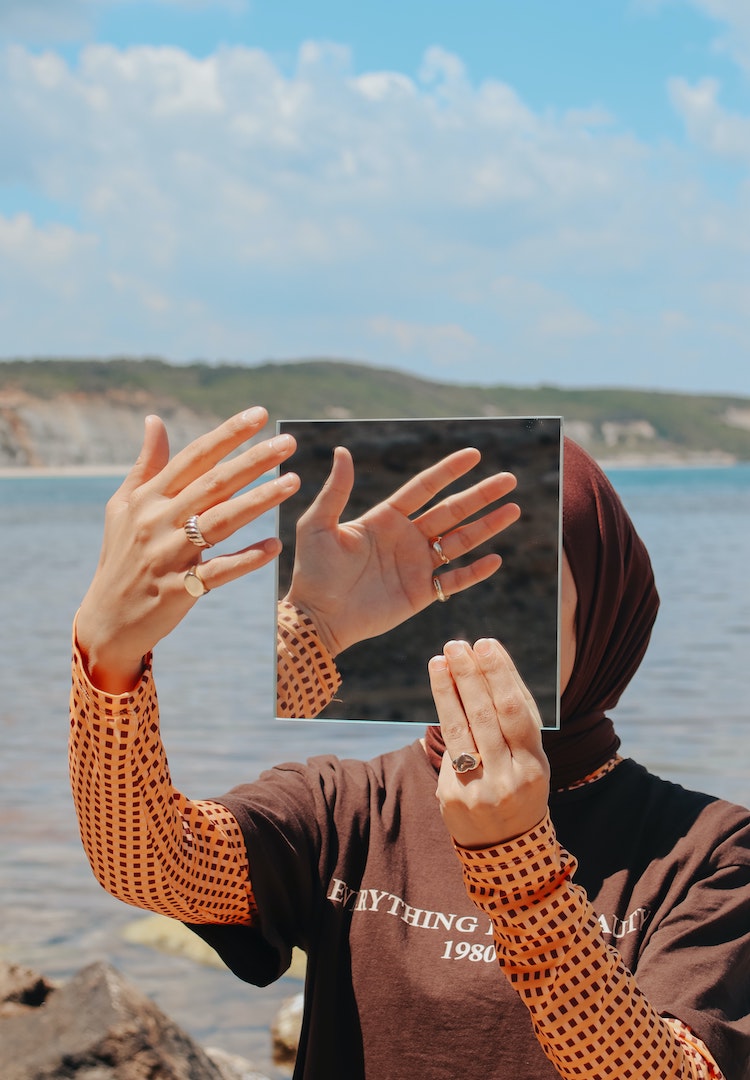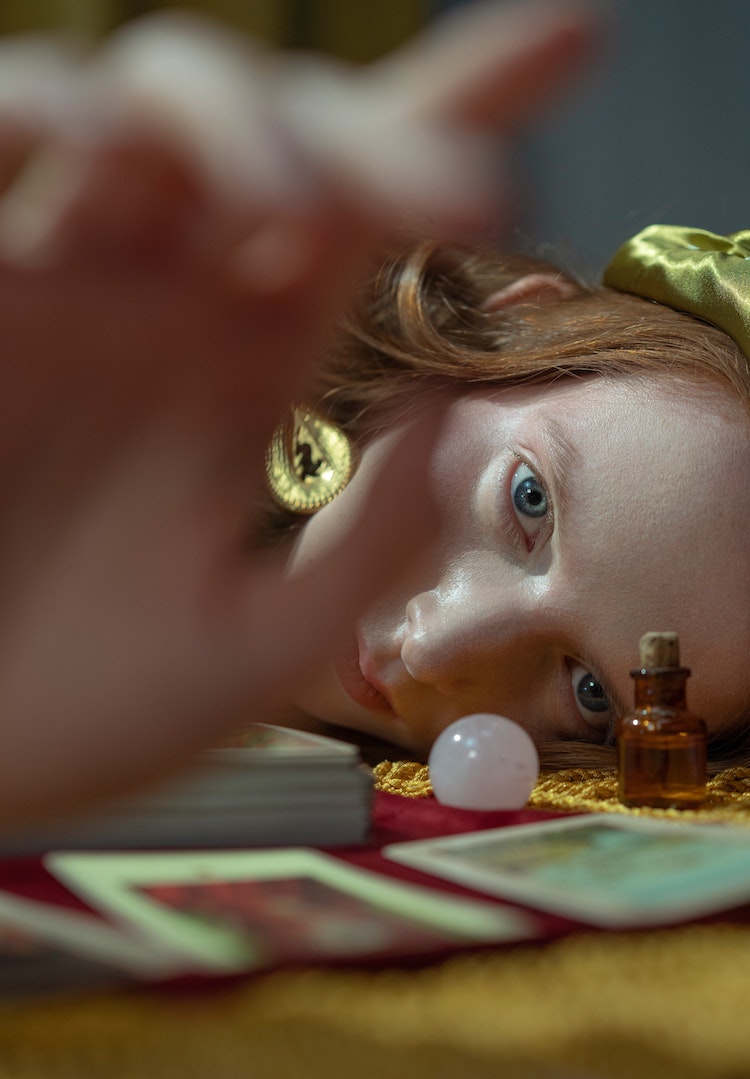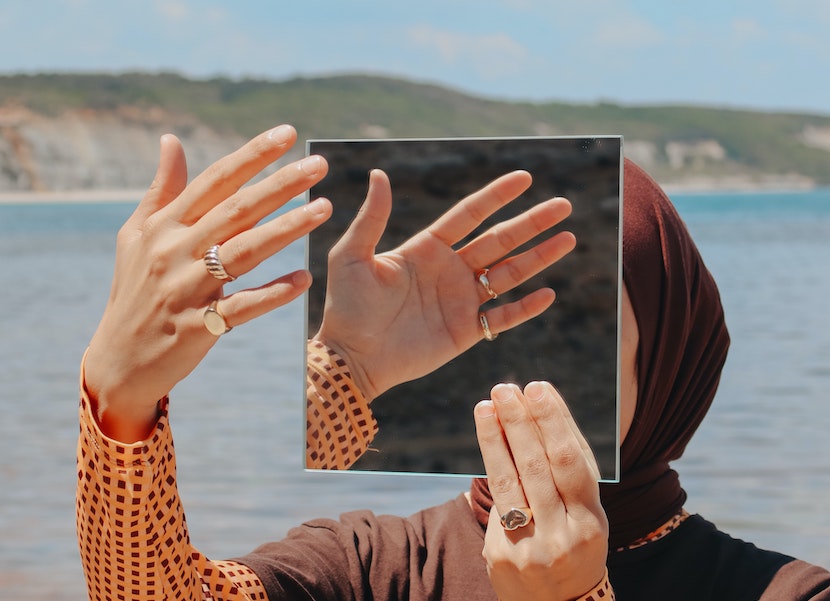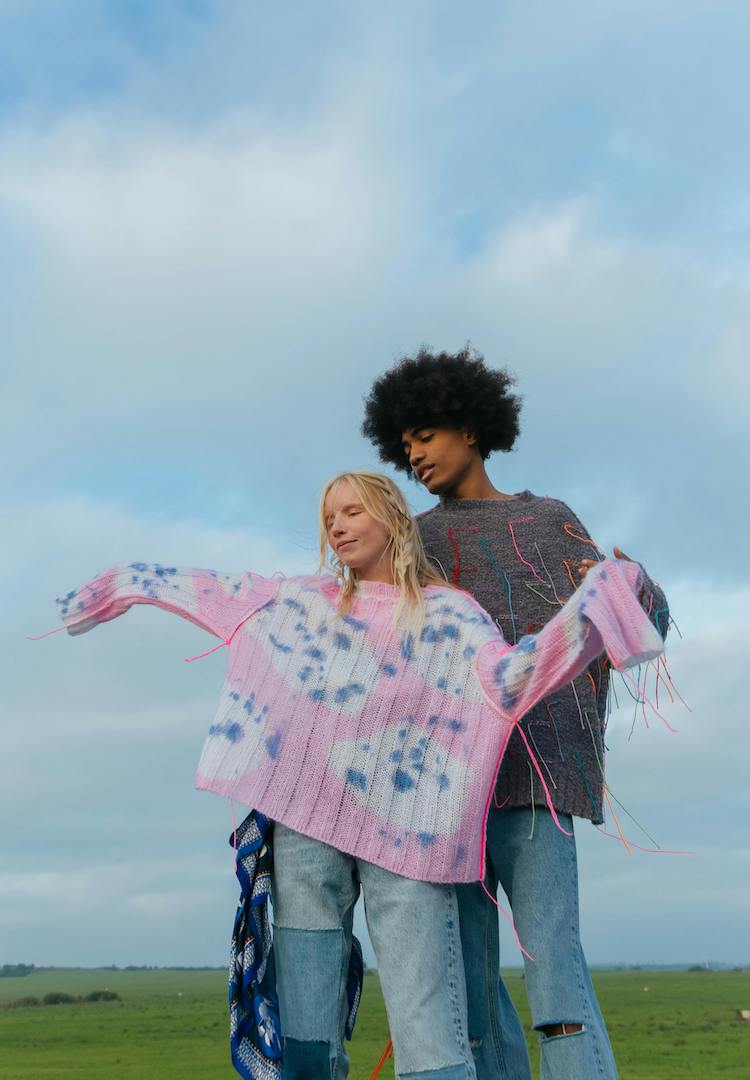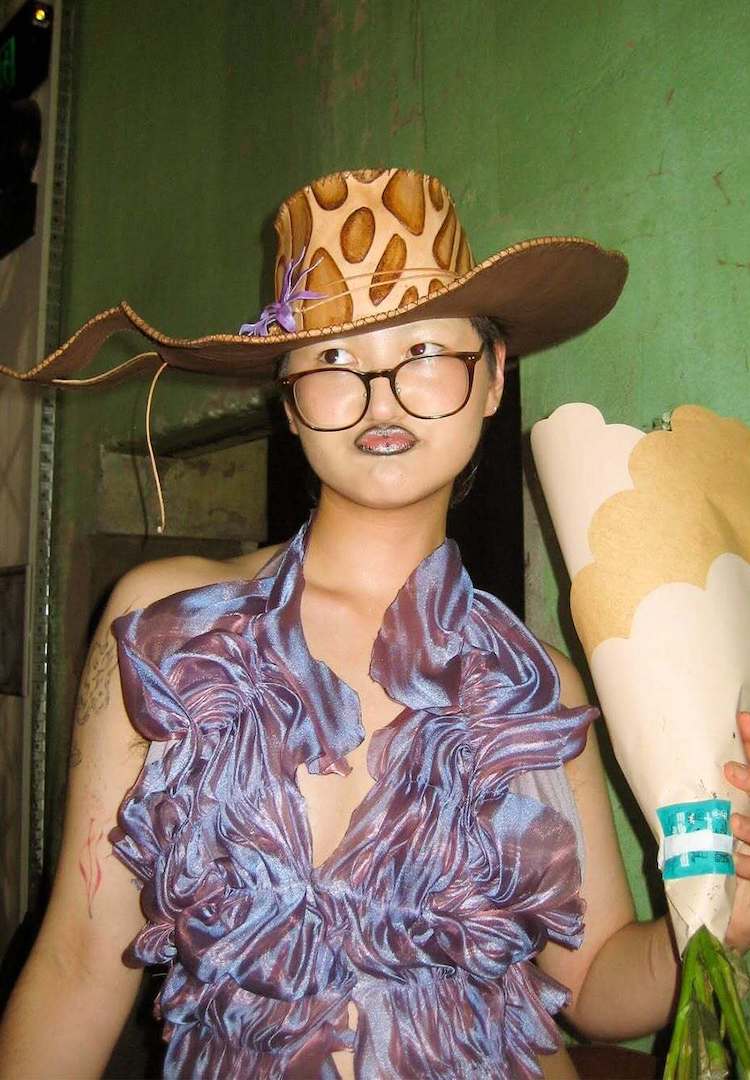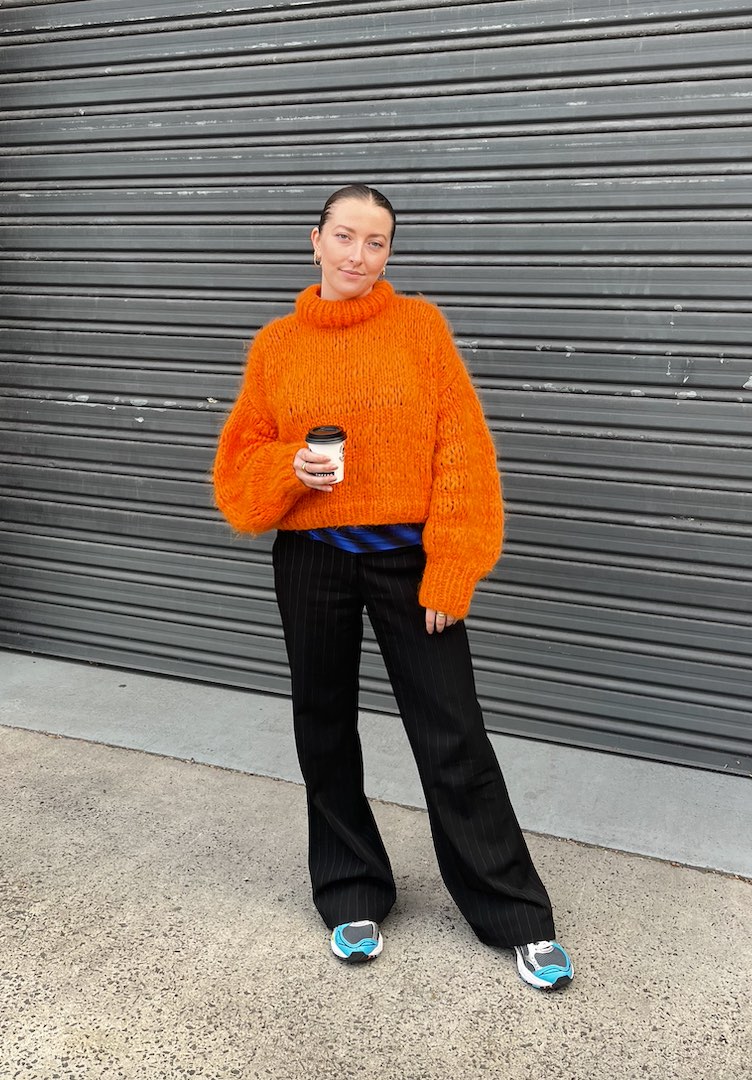My relationship with my gender changed after sexual assault, here’s how
WORDS BY CAT FORSYTH
Content warning: Sexual assault.
Growing up, I was a ‘girly girl’. I’ve always been hyper-feminine, and I used to love that about myself. I knew I was a woman, and I appreciated (and even delighted) in that. As I aged, I grew increasingly insecure and unsure of myself but I was always confident in my femininity.
It wasn’t until a frightening experience with sexual assault that I took a look at my gender and experienced a previously unknown feeling: confusion. Like far too many women, I am a survivor of sexual assault. But before we go any further, I’d like to preface this discussion by acknowledging the privilege I have in being a White, cisgender woman with a strong support system and access to mental health support.
Interested to hear how others navigate the world? Head to our Life section.
What happened to me is unacceptably common. I won’t go into it here, but what I will say is that I was left a different person. After my assault, I felt broken. I couldn’t look in the mirror, because I didn’t recognise what I saw in my reflection. But something else happened that I didn’t expect: not only was I unsure of who I was, but my gender also didn’t feel ‘right’ anymore.
I became uncomfortable with simple, everyday things that previously didn’t phase me. My bras felt restrictive and my long hair was too girly. My wardrobe packed full of dresses and skirts didn’t convey how I was feeling. Even my collection of Peter Alexander pyjamas from the ‘girls’ section made me uncomfortable. Frustrated and confused, I began looking for a solution.
This resulted in a few months spent trying to repress my femininity. I stopped shaving my armpits and legs, cut my long hair into a shaggy mullet and even tried sitting like a man (inspired by Fashion Journal contributor Daisy Henry’s article on manspreading). I packed my pink pyjamas away and swapped them for baggy T-shirts. I changed my pronouns to she/they, and I bought a multitude of pants from the op shop. I rejected heels in favour of sneakers and even ditched my lacey undies for boxers and briefs.
Some days I felt so uncomfortable in my body that I wished I didn’t have boobs and curves. In retrospect, this was all just a desperate attempt to feel like I had some control over my suddenly fractured life. I was consumed with shame and distress and all I wanted was to escape those feelings.
Although this carried on for a few months, admittedly, it didn’t get me far. The people who know me best told me that I didn’t seem like ‘me’. My mum remarked that being inherently feminine is just a part of who I am. My psychologist commented that not only was I rejecting my idea of what a ‘woman’ should be, but I was rejecting a huge part of my identity. After mulling over all of this for a while, I finally reached a (sort of) conclusion.
Throughout my life, I’ve always presented as feminine but I’ve also always been powerless. Not because I was feminine-presenting and favoured ‘girly’ aesthetics, but because I was anxious, depressed and insecure. I felt like every aspect of my life was out of my control. Post-assault, I discovered that I linked femininity with weakness, and that was a dangerous way of thinking. I resented how powerless I felt, so I placed the blame on my femininity.
Now, I feel like I can see more clearly. It’s coming up to a year since I was assaulted, and I’m only just beginning to feel and look like myself again. I’m letting my hair grow out, I shave my legs sometimes and I paint my nails. I enjoy wearing skirts again and I love wearing my favourite bra that enhances my boobs and highlights my curves.
Even though I’m starting to find a balance between the old and new me, I’m still discovering what femininity means to me post-assault. My pronouns are still she/they, and although I acknowledge that they might change in the future, it feels right for now. I’m no longer the hyper-feminine girl I was as a child – I’m a young adult who’s experienced life-changing trauma, and I’m still trying to figure out who I am.
Over the last year, I’ve found out what it’s like to be in control. It’s a new feeling I’m still trying to grapple with, but it’s beautiful. Feeling a sense of power and autonomy over my own body and life is what I was missing before the assault. I’ve taken control of my circumstances by enrolling in university, finding an amazing friend group and landing my dream job. I’ve devoted so much time to healing and growth.
Where I’ve landed is here: you can feel powerful in yourself and still be feminine. The difference now is that I have the tools I need to feel powerful and assertive, something I didn’t have before the assault. I possess what I need to make myself feel safe and secure.
If you or someone you know has experienced sexual assault you can call national sexual assault counselling service 1800RESPECT, or head to its website for support and advice.


